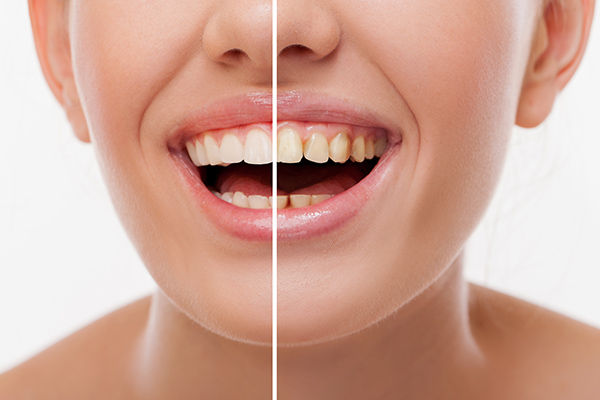 A general dentist can perform restorative dentistry procedures. These treatments focus on the rejuvenation of dentition. Some of them are short procedures, while others take time. If you want to find out more about restorative dentistry, here are some facts from a general dentist.
A general dentist can perform restorative dentistry procedures. These treatments focus on the rejuvenation of dentition. Some of them are short procedures, while others take time. If you want to find out more about restorative dentistry, here are some facts from a general dentist.
Restorative dentistry’s definition
Restorative dentistry is capable of replacing missing or damaged teeth. Saving natural teeth is its priority. It removes decaying dental tissue and repairs cavities. Restorative dentistry also treats other dental issues. Patients who need emergency dental repairs are ideal for restorative dentistry procedures.
Restorative dentistry also includes procedures from other fields of dentistry. A few of them are periodontics, endodontics, and prosthodontics. Many patients need several types of dental care to achieve optimal health. Restorative dentistry can provide this type of care. It can treat patients at any life stage. The most common ones are adults and seniors.
Common restorative materials
A general dentist replaces dental structures with durable materials. Fabrications in restorative dentistry use metals, denture base resins, and amalgam. They also use glass ionomers, polymers, ceramics, and composite resin. The choice of material depends on the patient’s preference, dental needs, and budget.
The difference between restorative and cosmetic dentistry
Cosmetic dentistry procedures aim to improve a patient’s self-image and appearance. This field of dentistry uses the same materials as restorative dentistry. The procedure is still restorative if the goal is to correct an injury or disease. A patient regains the structure and function of dental components.
Treatments and procedures
Restorative dentistry involves the use of various treatments and procedures. The dentist can provide dentures to patients who have several missing teeth. A patient loses many teeth because of advanced gum disease or tooth decay. Dentures are removable. These are custom-fit for the patient, but it takes time to adjust to.
Dental crowns can either be metal or tooth-colored composite. A dentist often recommends crowns to cover a tooth with severe damage or decay. It may follow a root canal or a dental implant procedure. A general dentist performs a root canal if the pulp develops an infection. The dentist takes out the damaged pulp, cleans out the tooth, and fills the space with gutta-percha. A dental crown covers and protects the tooth from future damage.
A dental implant also uses a dental crown. In this procedure, the dentist removes a tooth with severe damage. The damage often reaches below or above the gumline. The dentist drills an implant hole into the extraction site’s jawbone and screws in a titanium rod. This procedure ends with the placement of a dental crown to replace a lost tooth.
The general dentist can also use dental bonding to restore a damaged tooth. Composite resin replaces the missing part of the tooth. The dentist dries, shapes, and polishes it. This makes the tooth blend with neighboring natural teeth. It is a painless and quick procedure.
A general dentist can use restorative dentistry to give you back your dental health
Restorative dentistry can bring back the structure and function of the patient’s tooth and gums. It uses durable materials for lasting results. Your dentist can help bring back your dental health with restorative procedures. A dental appointment can determine which restorative treatments suit you most.
Request an appointment or call Dragonfly Dental of Port Charlotte at 941-676-9225 for an appointment in our Port Charlotte office.
Related Posts
Dental sealants are used in general dentistry to protect teeth from developing cavities. They form a defensive layer on top of molars and premolars to prevent food and germs at bay. Here is additional information on how the dental industry utilizes sealants to protect patients' teeth.Sealants are slender plastic coatings that dentists paint onto the…
A tooth fracture can occur from many causes, such as accidents, grinding teeth, eating hard foods, and aging. Fractured teeth do not heal themselves, so visiting your general dentistry professional in the event of a cracked, broken, or fractured tooth is always advisable.Cracks in your teeth can manifest in different ways. Some are painful and…
If you have cracked, chipped, worn, or otherwise damaged teeth, chances are they are not beyond hope. Several general dentistry procedures exist to improve the appearance of your smile and strengthen your teeth and improve their function. Your dentist can explore all the options available to you and how each can benefit your smile.In the…
